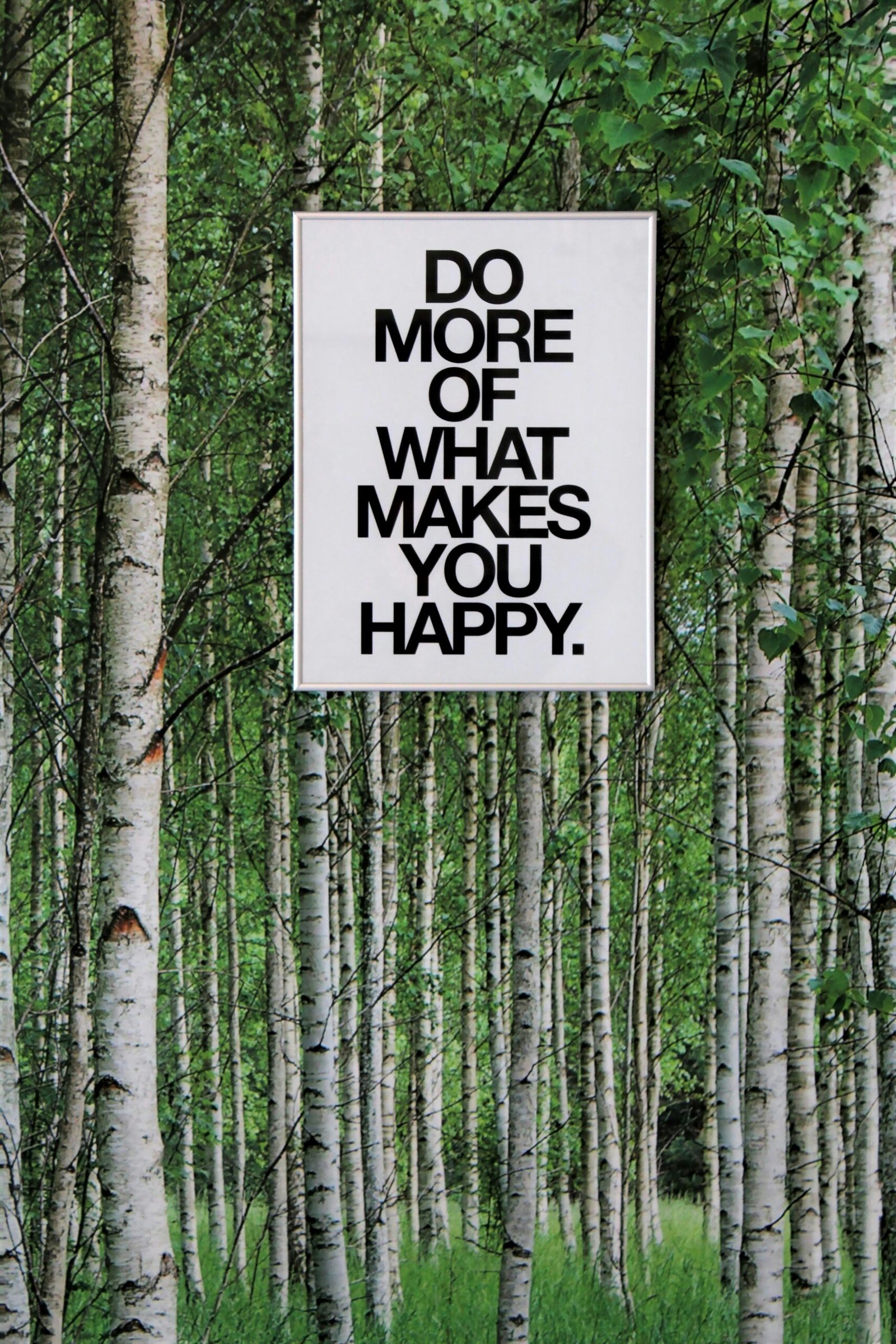Introduction to Job Interview Mastery
Job interviews are a critical component of the hiring process, serving as a pivotal moment that can determine whether a candidate secures a desired position. The ability to excel in a job interview goes beyond simply answering questions; it involves a strategic presentation of one’s skills, experiences, and professional demeanor. Mastering the art of the job interview can significantly enhance your chances of making a lasting impression on potential employers, thereby increasing your likelihood of landing the job.
Understanding the intricacies of job interviews is essential for any job seeker. This mastery not only helps in showcasing your qualifications effectively but also demonstrates your preparedness and fit for the role. The benefits of mastering job interviews extend beyond just getting hired; they also include boosting your confidence, improving your communication skills, and refining your ability to think on your feet. By approaching interviews with a well-rounded strategy, you position yourself as a compelling candidate in the eyes of hiring managers.
In this comprehensive blog post, we will delve into various insider tips and strategies to help you navigate the job interview process with proficiency. You will learn about key elements such as preparation techniques, common interview questions, body language, and follow-up practices. Each section is designed to equip you with practical insights and actionable advice, ensuring that you are well-prepared to face any interview scenario with poise and confidence.
As we explore the nuances of job interview mastery, you will gain a deeper understanding of what employers are looking for and how to align your responses to meet their expectations. Whether you are a seasoned professional or a recent graduate, the guidance provided in this blog will be invaluable in enhancing your interview performance. Prepare to embark on a journey that will transform your approach to job interviews, ultimately leading you to career success.
Researching the Company and Role
Thoroughly researching the company and the specific role you are applying for is a critical step in the job interview process. It not only demonstrates your genuine interest in the position but also equips you with the necessary knowledge to tailor your responses effectively. Begin by exploring the company’s history. Understanding its origins, mission, and growth trajectory can provide valuable context about its operations and future direction. This information is often available on the company’s official website, particularly in the ‘About Us’ or ‘History’ sections.
Diving deeper into the company culture is equally important. Review employee testimonials, company reviews on platforms like Glassdoor, and social media channels to gain insights into the work environment and values. This will help you assess whether the company’s culture aligns with your own professional values and aspirations. Additionally, staying updated on recent news about the company, such as mergers, acquisitions, or product launches, can give you an edge in conversations about the company’s current standing and future plans.
Understanding the job description in detail is another crucial aspect. Identify the key skills and qualifications required and reflect on how your background and experiences align with these requirements. Pay attention to specific keywords and phrases used in the job description, as these can guide you in highlighting the most relevant aspects of your experience. Make sure to prepare examples that demonstrate your proficiency in these areas, as real-life scenarios can significantly bolster your responses during the interview.
To gather this information, utilize resources such as the company’s website, LinkedIn, industry-specific publications, and news articles. Networking with current or former employees can also provide valuable insider perspectives. By thoroughly researching the company and the role, you can present yourself as a well-informed and enthusiastic candidate, significantly enhancing your chances of success in the interview.
Crafting Your Personal Narrative
A personal narrative is a succinct and compelling story that encapsulates who you are, your professional background, your experiences, your skills, and your career aspirations. In a job interview, this narrative serves as the foundation upon which you build your responses, demonstrating your suitability for the role. A well-crafted personal narrative can set you apart from other candidates by providing a coherent and engaging account of your professional journey.
The first step in developing your personal narrative is to reflect on your background and key experiences. Identify the pivotal moments in your career that have shaped your skills and professional outlook. Consider the challenges you have overcome, the projects you have led, and the accomplishments you are most proud of. These elements not only highlight your qualifications but also show your growth and resilience.
Next, align your narrative with the job role you are applying for. Tailoring your story to the specific position demonstrates your genuine interest and makes it easier for the interviewer to see how your background fits their needs. For example, if you are applying for a project management role, emphasize your experience in overseeing projects, coordinating teams, and delivering results within deadlines.
Authenticity is crucial in crafting your personal narrative. While it is important to highlight your strengths, it is equally important to be honest about your journey. Authentic stories resonate more with interviewers and help build trust. Avoid exaggerations and focus on presenting a balanced and realistic account of your professional life.
Consider this example of a powerful personal narrative: “After earning my degree in computer science, I joined XYZ Corporation as a junior software developer. Over five years, I advanced to lead developer, managing a team of six engineers. One of my proudest achievements was leading a project that reduced system downtime by 30%, significantly improving our service delivery. My goal is to leverage my technical expertise and leadership skills in a senior development role at a forward-thinking company like yours, where I can contribute to innovative projects and drive technological advancements.”
By crafting a personal narrative that is authentic, aligned with the job role, and highlights your key experiences and aspirations, you can effectively communicate your value to potential employers and increase your chances of interview success.
Mastering Common Interview Questions
When it comes to job interviews, preparation is key. Mastering common interview questions can significantly boost your confidence and performance. Here are some frequently asked questions and strategies to tackle them effectively.
1. Tell me about yourself. This question is often used as an icebreaker. A good response should be concise and tailored to the job you are applying for. Highlight your professional background, key achievements, and relevant skills. For example, “I have over five years of experience in project management, where I successfully led multiple teams to complete projects on time and within budget. My passion for efficient processes and team collaboration makes me excited about the opportunity to contribute to your organization.”
2. Why do you want to work here? Employers want to see that you have researched their company and are genuinely interested. Focus on the company’s values, culture, and the specific role. An example response might be, “I admire your company’s dedication to innovation and sustainability. The opportunity to work in a forward-thinking environment where I can leverage my skills in renewable energy aligns perfectly with my career goals.”
3. What are your strengths and weaknesses? When discussing strengths, choose attributes that are relevant to the job. For weaknesses, be honest but also show how you are working to improve. For instance, “One of my strengths is my attention to detail, which ensures that projects are completed accurately. A weakness I’ve identified is my tendency to over-commit, but I’ve been working on setting realistic deadlines and delegating tasks more effectively.”
Handling difficult or unexpected questions requires composure and adaptability. If faced with a question you do not know the answer to, it’s acceptable to take a moment to think. You can also ask for clarification or rephrase the question to ensure you understand it correctly. For instance, if asked, “How do you handle failure?” you might respond, “I view failure as a learning opportunity. In a previous role, I missed a critical deadline, but I analyzed what went wrong and implemented new time-management strategies, which led to improved performance in subsequent projects.”
Practice and preparation cannot be overstressed. Conduct mock interviews with a friend or mentor, and review your responses. This will help you articulate your thoughts more clearly and build the confidence needed to excel in your interview.
Body Language and Non-Verbal Communication
In the realm of job interviews, body language and non-verbal communication play a pivotal role in shaping the interviewer’s perception of a candidate. These silent cues can profoundly influence the outcome of the interview, often speaking louder than words themselves. Understanding and mastering these elements can provide a significant advantage in making a lasting positive impression.
One of the fundamental aspects of effective non-verbal communication is maintaining good posture. Sitting upright and leaning slightly forward conveys attentiveness and interest. Avoid slouching or leaning back excessively, as these can signal disinterest or lack of confidence. Good posture not only demonstrates professionalism but also helps in projecting a confident demeanor.
Eye contact is another crucial component of effective body language. It is essential to strike a balance—maintaining eye contact without staring can convey sincerity and engagement. Frequent breaks in eye contact may be perceived as nervousness or evasiveness, while unwavering gaze can be intimidating. A natural rhythm of eye contact helps in building rapport and trust with the interviewer.
Appropriate gestures further enhance verbal responses during an interview. Hand movements can be used to emphasize points and illustrate ideas, but it is crucial to keep them controlled and deliberate. Excessive or erratic gestures can be distracting and may undermine the message being conveyed. A good practice is to keep hands visible and use them to complement, rather than overshadow, the verbal communication.
The synergy between verbal and non-verbal communication cannot be overstated. Non-verbal cues can either reinforce or contradict what is being said. For instance, saying “I am very excited about this opportunity” while displaying a closed posture or avoiding eye contact can create a dissonance that may lead the interviewer to doubt the sincerity of the statement. Thus, aligning body language with verbal responses is key to conveying authenticity and enthusiasm.
Practicing these skills can significantly enhance non-verbal communication. Techniques such as mock interviews, video recordings, and feedback sessions can provide valuable insights and allow for refinement. By consciously working on posture, eye contact, and gestures, candidates can ensure that their non-verbal communication effectively supports their verbal messages, ultimately contributing to a more compelling and successful interview.
Asking Insightful Questions
One of the most pivotal aspects of a successful job interview is the ability to ask insightful questions. This not only demonstrates your genuine interest in the role and the company but also sets you apart from other candidates. Thoughtful questions can provide a deeper understanding of the job responsibilities and the company culture, which is essential for determining if the position is the right fit for you.
When preparing for an interview, it’s crucial to research the company and the role thoroughly. This preparation will enable you to craft questions that are both specific and relevant. For instance, you might ask, “Can you describe a typical day in this role?” This question shows that you are eager to understand the daily tasks and responsibilities. Additionally, it provides you with vital information about what to expect if you are hired.
Another insightful question could be, “How does this position contribute to the company’s long-term goals?” This question highlights your interest in the company’s future and your desire to be a part of its growth. It also allows the interviewer to elaborate on the strategic importance of the role, offering you a broader perspective.
Furthermore, asking about the company culture is equally important. Questions like, “Can you describe the company culture and the types of employees who tend to succeed here?” can give you valuable insights into the work environment and whether it aligns with your personal and professional values. Understanding the company culture can help you gauge if you’ll thrive in the new setting.
Lastly, consider inquiring about opportunities for growth and development. Questions such as, “What are the opportunities for professional development within this role?” show that you are thinking ahead and are interested in long-term career progression within the company. This can make a positive impression on the interviewer, indicating that you are committed to continuous learning and advancement.
In summary, asking insightful questions during an interview can significantly enhance your candidacy. It not only demonstrates your genuine interest and preparedness but also provides you with crucial information to make an informed decision about your potential future employer.
Post-Interview Etiquette
After completing a job interview, it is crucial to maintain a professional demeanor and leave a lasting positive impression. One of the most effective ways to achieve this is by sending a thank-you email. This gesture not only demonstrates your appreciation for the opportunity but also reinforces your interest in the position.
When crafting a thank-you email, it is essential to personalize your message. Address the interviewer by their name and express your gratitude for the time they took to meet with you. Highlight specific aspects of the interview that you found particularly engaging or insightful. This attention to detail shows that you were attentive and genuinely interested in the discussion. Additionally, reiterate your enthusiasm for the role and briefly mention how your skills and experiences align with the company’s needs. However, keep the email concise and to the point, as hiring managers often have busy schedules.
In the event that you do not hear back within a reasonable timeframe, it is appropriate to follow up. Generally, waiting about one to two weeks before sending a follow-up email is advisable. In your follow-up, politely inquire about the status of your application and reiterate your continued interest in the position. Be sure to maintain a professional tone and avoid coming across as impatient or demanding.
Throughout the entire post-interview process, maintaining professionalism is key. This includes not only your written communications but also any interactions you may have with the company’s staff. Treat every encounter as part of the interview process, as you never know who might influence the final hiring decision.
By adhering to these post-interview etiquette guidelines, you can significantly enhance your chances of making a positive and lasting impression on potential employers. This diligent follow-through reflects well on your character and demonstrates your commitment to securing the role.
Continuous Improvement and Learning
Job interviews are not only a gateway to potential employment but also invaluable learning experiences. Viewing each interview as a chance to improve can significantly enhance your performance over time. Strategies for self-assessment and gathering feedback are crucial in this regard. After each interview, take time to reflect on your performance. Identify areas where you excelled and aspects that could use improvement. This self-assessment process is fundamental to your growth and development.
Moreover, soliciting feedback from interviewers when possible can provide insights that are not always apparent to you. Constructive criticism from industry professionals can highlight specific skills or behaviors that need adjustment. It is equally important to stay updated with industry trends. Engaging in continuous learning through professional courses, webinars, and industry publications ensures that your knowledge remains current and relevant, making you a more attractive candidate.
Participating in mock interviews is another effective method for improvement. Mock interviews, conducted with peers, mentors, or career coaches, simulate the interview environment, allowing you to practice responses and receive constructive feedback in a low-stress setting. This practice can help you refine your answers, improve your body language, and build confidence.
Mentorship also plays a vital role in mastering job interviews. A mentor with experience in your field can offer valuable advice, share personal experiences, and provide guidance on navigating the interview process. Their insights can be instrumental in helping you develop a more strategic approach to interviews.
Adopting a mindset of growth and resilience is essential in this journey. Each interview, whether successful or not, contributes to your professional development. Embrace the learning opportunities presented by each experience and persistently work on enhancing your skills. This dedication to continuous improvement will not only prepare you for future interviews but also foster a resilient and adaptive approach to your career.






